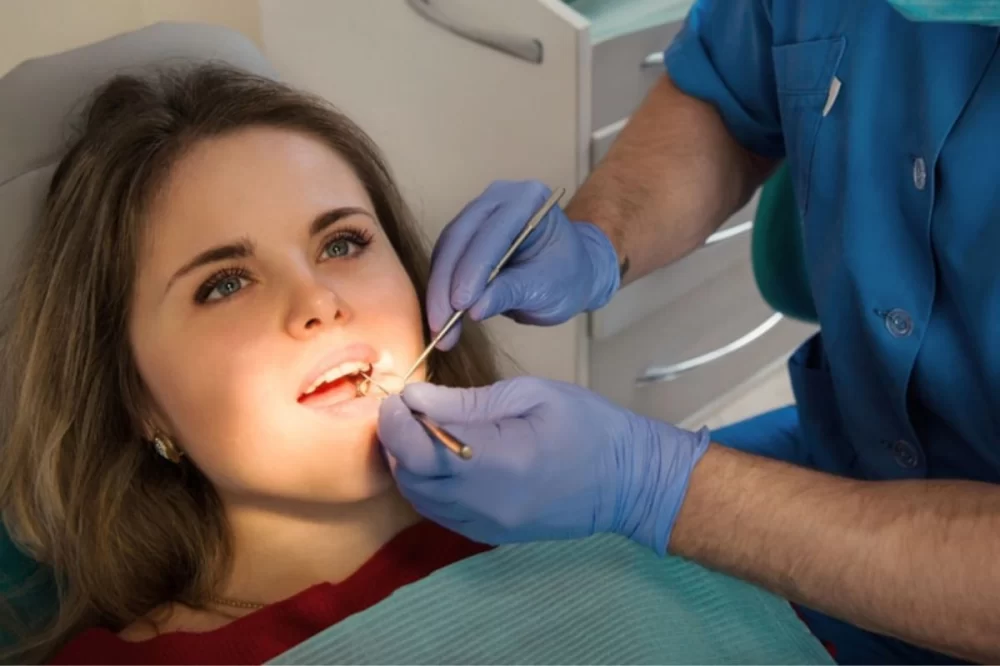
- Understanding Tooth Decay and Nighttime Risk Factors
- Essential Steps to Prevent Tooth Decay at Night
- Common Mistakes to Avoid Before Bedtime
- Real-Life Examples of Nighttime Tooth Decay Prevention
- Professional Advice for Nighttime Oral Care
- Exploring Recommended Products at Dentistry Toothtruth
1. Understanding Tooth Decay and Nighttime Risk Factors
Tooth decay is a gradual destruction of tooth enamel caused by acids produced by bacteria feeding on sugars in the mouth. While tooth decay can develop anytime, nighttime poses a unique risk. When we sleep, saliva production slows down significantly. Saliva plays a crucial role in neutralizing acids and washing away food particles, so reduced saliva means less natural protection during sleep.
This creates an environment where bacteria can thrive, making it essential to take proactive steps on how to prevent tooth decay at night. Understanding these risk factors helps tailor your oral hygiene routine to counteract the vulnerabilities of nighttime oral conditions.
1.1 The role of saliva in preventing decay
Saliva is the mouth’s natural defense mechanism, helping to balance pH levels and remineralize teeth. At night, its decreased flow allows acid-producing bacteria to flourish, accelerating enamel erosion if teeth are not properly cleaned beforehand.
1.2 How eating habits affect nighttime decay risks
Consuming sugary or acidic foods and drinks before bedtime feeds bacteria and exacerbates acid production. These habits increase the risk of decay, especially if oral hygiene is neglected before sleep.
2. Essential Steps to Prevent Tooth Decay at Night
Preventing tooth decay at night requires a consistent and thoughtful oral care routine that targets the specific challenges sleep brings.
2.1 Thorough brushing and flossing before bed
Brushing removes plaque and food particles, while flossing cleans interdental spaces where bacteria often hide. This combination is vital to minimize bacterial activity overnight.
2.2 Use of fluoride toothpaste and mouthwash
Fluoride strengthens enamel and helps reverse early decay. Incorporating fluoride toothpaste and, if recommended, a fluoride mouthwash can significantly enhance protection during sleep.
2.3 Avoid eating or drinking after brushing
Many overlook the importance of not consuming anything after brushing at night. Eating or drinking anything other than water can introduce new sugars and acids, undermining your efforts.
2.4 Stay hydrated but avoid sugary drinks
Drinking water before sleep helps maintain saliva flow and rinses residual sugars. Avoid sugary or acidic drinks that can fuel bacterial growth.
3. Common Mistakes to Avoid Before Bedtime
To effectively prevent tooth decay at night, it is equally important to recognize habits that work against your oral health goals.
3.1 Skipping brushing or flossing
Skipping these basic steps, especially after a sugary meal, significantly increases the risk of decay, as bacteria have more substrate to produce acid.
3.2 Using abrasive toothpaste or harsh rinses late at night
Some products can irritate gums or dry out the mouth if used improperly, reducing saliva flow and compromising your oral defense.
3.3 Relying solely on mouthwash without mechanical cleaning
Mouthwash complements but does not replace brushing and flossing. Neglecting physical cleaning leaves plaque and debris intact.
4. Real-Life Examples of Nighttime Tooth Decay Prevention
Mark, a 42-year-old sales manager, struggled with frequent cavities despite brushing twice daily. After consulting his dentist, he adjusted his nighttime routine by adding flossing, switching to a fluoride toothpaste, and avoiding late-night snacks. Within six months, Mark saw fewer dental issues and improved gum health, illustrating the powerful impact of targeted nighttime care.
In another example, a family-oriented blog featured a mother who taught her children the importance of no food or drink after their bedtime brushing routine. This small rule significantly reduced dental visits for cavities in her household over the course of a year.
5. Professional Advice for Nighttime Oral Care
Dentists emphasize a holistic approach to preventing tooth decay at night:
5.1 Regular dental check-ups
Routine visits allow early detection of decay and professional cleanings that remove tartar buildup.
5.2 Personalized oral hygiene plans
Dental professionals can recommend specific products or techniques based on your oral health status and lifestyle, ensuring optimal nighttime protection.
5.3 Addressing underlying issues
Conditions like dry mouth or sleep apnea can increase decay risk and should be treated to improve oral health outcomes.
6. Exploring Recommended Products at Dentistry Toothtruth
If you want to learn more about how to prevent tooth decay at night and discover effective oral care products, Dentistry Toothtruth offers expert recommendations tailored to your needs. From fluoride toothpastes to gentle floss and therapeutic mouthwashes, their curated selections can help you build a nighttime routine that protects your smile while you rest.
Explore Dentistry Toothtruth to find trusted products and personalized advice that support your long-term dental health.

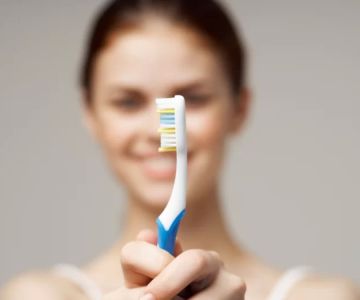
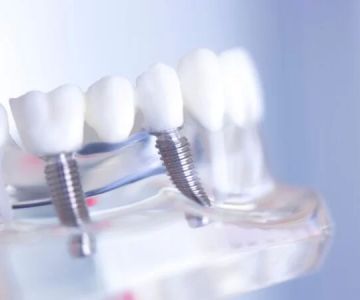
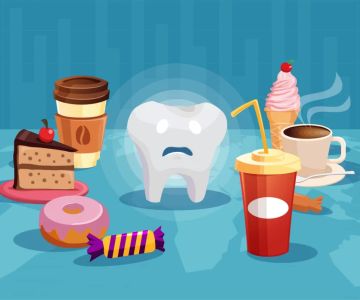
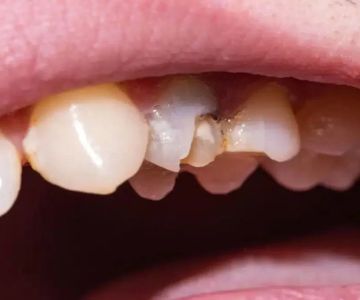
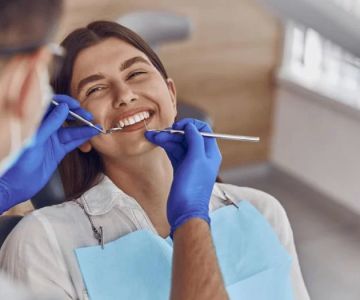
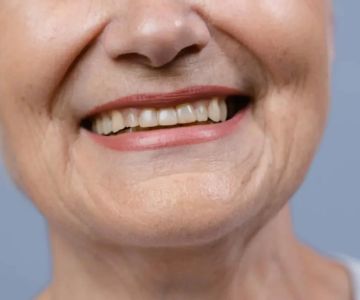
 Westgate Dental Arts
Westgate Dental Arts Coventry Family Dental
Coventry Family Dental Familia Dental
Familia Dental Dr. Daniel S. Fife, DDS
Dr. Daniel S. Fife, DDS Dentistry At Suburban Square: Michael I. Wollock, DMD
Dentistry At Suburban Square: Michael I. Wollock, DMD Comfort Care Dental
Comfort Care Dental The Importance of Oral Health Education During Pregnancy for a Healthy Pregnancy
The Importance of Oral Health Education During Pregnancy for a Healthy Pregnancy Why Skipping Dental Checkups Can Lead to Bigger Oral Health Problems
Why Skipping Dental Checkups Can Lead to Bigger Oral Health Problems Best Tips for Brushing Your Teeth Properly for Healthy Gums: Essential Techniques for Oral Health
Best Tips for Brushing Your Teeth Properly for Healthy Gums: Essential Techniques for Oral Health Advantages of Porcelain Dental Restorations
Advantages of Porcelain Dental Restorations How Can Diabetes Cause Tooth and Gum Problems? Preventing and Managing Oral Health Issues
How Can Diabetes Cause Tooth and Gum Problems? Preventing and Managing Oral Health Issues Healthy Habits for Promoting Good Oral Health and Hygiene: Tips for a Healthy Smile
Healthy Habits for Promoting Good Oral Health and Hygiene: Tips for a Healthy Smile